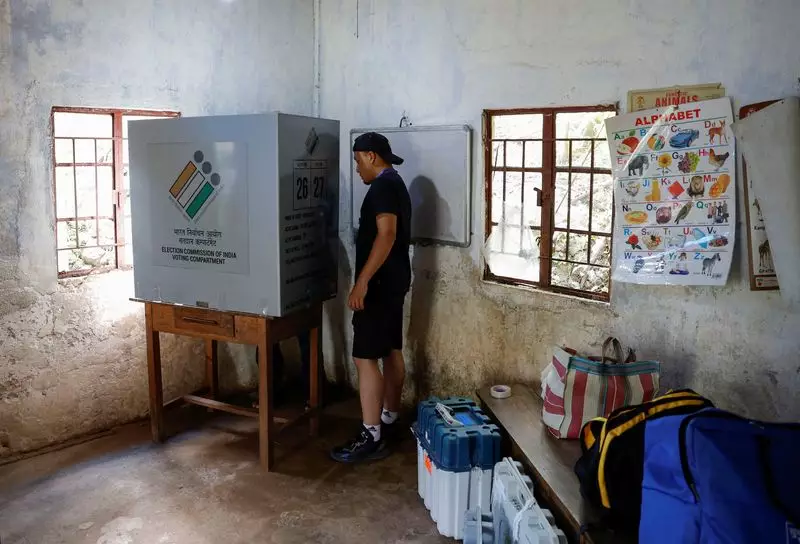India has kickstarted the world’s largest election process as Prime Minister Narendra Modi vies for a third term in office. The election, spanning seven days and involving almost one billion voters, is set against the backdrop of economic growth, welfare initiatives, Modi’s personal popularity, and the rise of Hindu nationalism.
Modi’s Campaign and Promises
Prime Minister Modi, representing the Bharatiya Janata Party (BJP), is campaigning on a platform highlighting achievements, promises of further development, and a strong focus on Hindu nationalism. The BJP’s election manifesto, titled “Modi Ki Guarantee,” emphasizes the leader-centric approach of Modi’s campaign, promising to fulfill commitments made to voters. Modi seeks to strengthen India’s economy, alleviate poverty, and continue implementing pro-people policies.
The opposition alliance, comprising two dozen parties, is challenging Modi’s governance by promising increased affirmative action, more welfare benefits, and the protection of democratic institutions from what they label as Modi’s authoritarian rule. Opposition leader Rahul Gandhi has criticized the BJP for allegedly diverting attention from pressing issues such as unemployment and inflation. The alliance accuses the government of unfair practices, including targeting opposition leaders in corruption cases and imposing hefty tax demands prior to the elections.
Despite concerns over unemployment, inflation, and rural distress, surveys indicate that the BJP is likely to secure a majority in the election. The spotlight is on whether the BJP can surpass its 2019 victory margin and the extent to which Modi’s leadership will impact the election results. While the BJP enjoys a strategic advantage, experts point out that there are underlying issues that could fuel anti-incumbency sentiments.
The BJP faces the challenge of balancing its achievements with addressing the concerns of the electorate, particularly concerning economic issues and social conflicts. On the other hand, the opposition alliance must navigate internal divisions and present a united front against the ruling party. The election is perceived as an ideological battle between maintaining democratic norms and challenging the dominance of the BJP in Indian politics.
The ongoing election in India is not merely a political contest but a referendum on the direction of the country under Prime Minister Modi’s leadership. The outcome will not only shape India’s future trajectory but also have implications for the global political landscape. As voters exercise their democratic right, the world watches with keen interest to see the results of this historic election.

